The Mystery of Iceland’s Non-Erupting Volcano
Since 2021, lava has sporadically oozed out of various fissures crisscrossing southwest Iceland. Now, a huge sheet of magma could erupt at any minute. ..
Since 2021, lava has sporadically oozed out of various fissures crisscrossing southwest Iceland. Now, a huge sheet of magma could erupt at any minute. ..
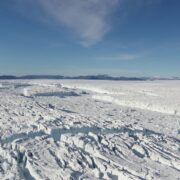
Greenland’s northern ice shelves have lost more than a third of their volume since 1978, new research finds. ..
The preferred “handedness” of biomolecules could have emerged from interactions between electrons and magnetic surfaces on primordial Earth, new research ..
Trees make clouds by releasing small quantities of vapors called “sesquiterpenes.” Scientists are learning more—and it’s making climate models ..
In some subterranean aquifers, cells have a chemical trick for making oxygen. It offers new insight into how life survives deep underground on Earth—and ..
Extreme microorganisms carpeting the Atacama Desert in Chile illuminate how life might have first taken hold on Earth’s surface. ..
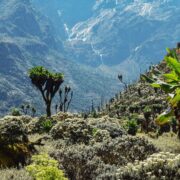
A muddy trek reveals the last remnants of the Rwenzori Mountains’ once-sprawling ice fields, a loss for scientists studying the climate record. ..
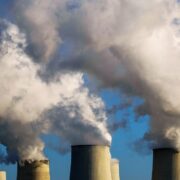
If you want to know what the cloud of gas that surrounds the planet is really doing for us, you have to see what the world would be like without it. ..
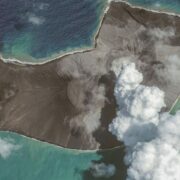
One year later, researchers are still marveling at the power of the Hunga Tonga explosion—and wondering how to monitor hundreds of other undersea volcanoes. ..
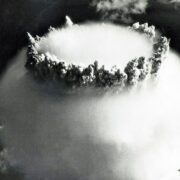
Scientists want to pinpoint the technology that marked when humanity became a “geological superpower.” On the short list: the H-bomb and the modern ..